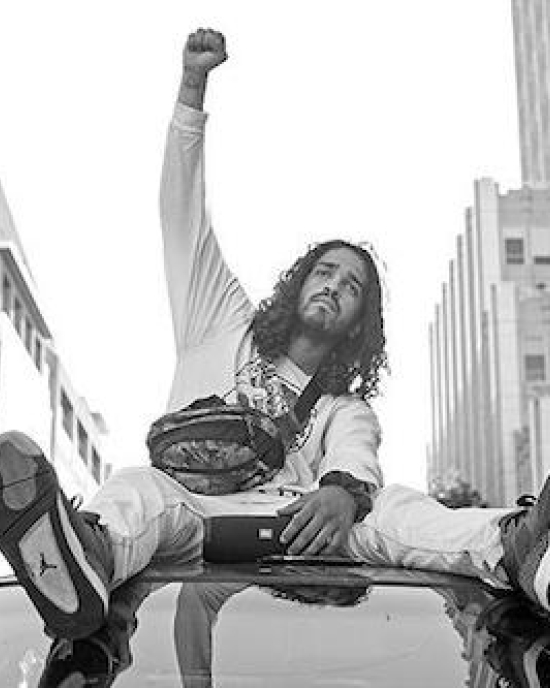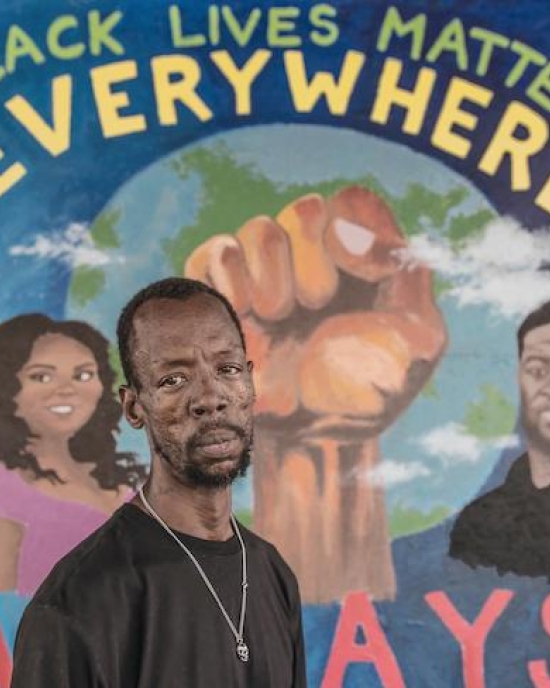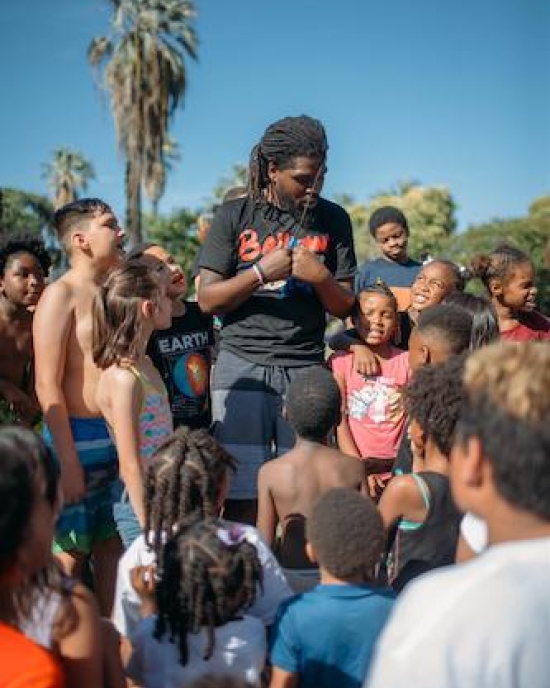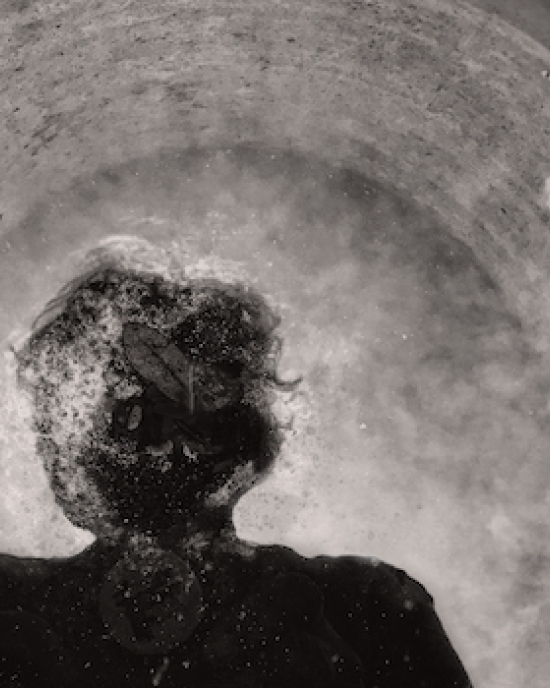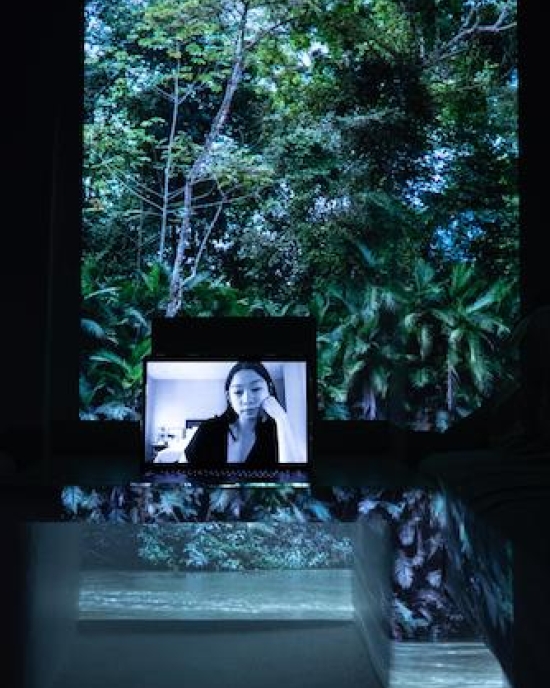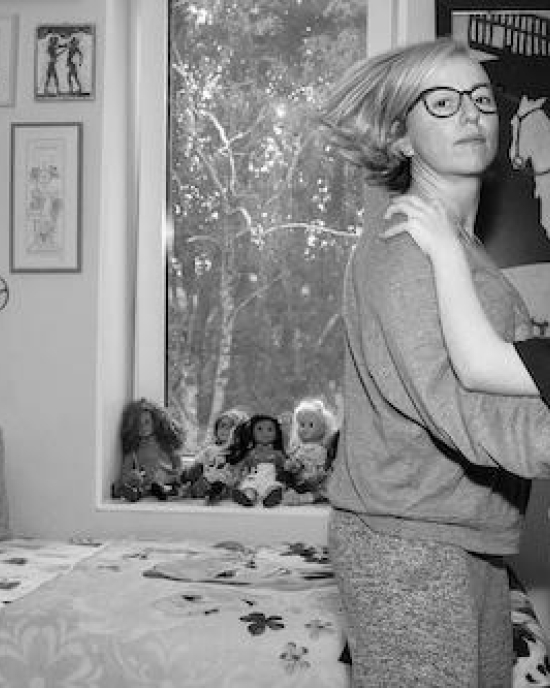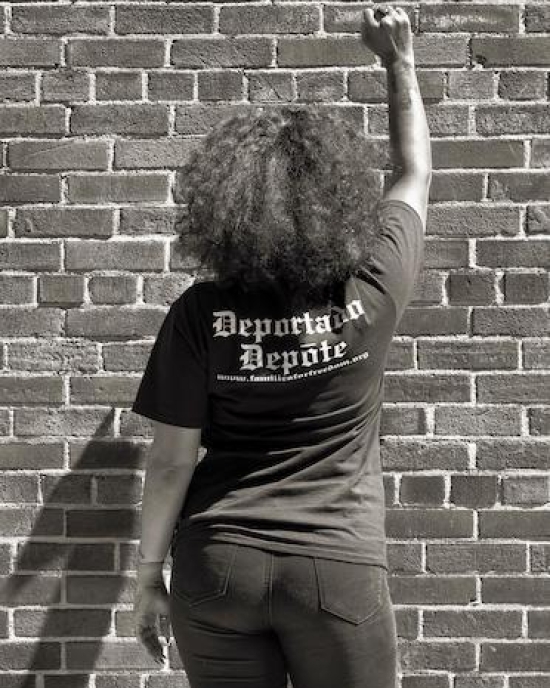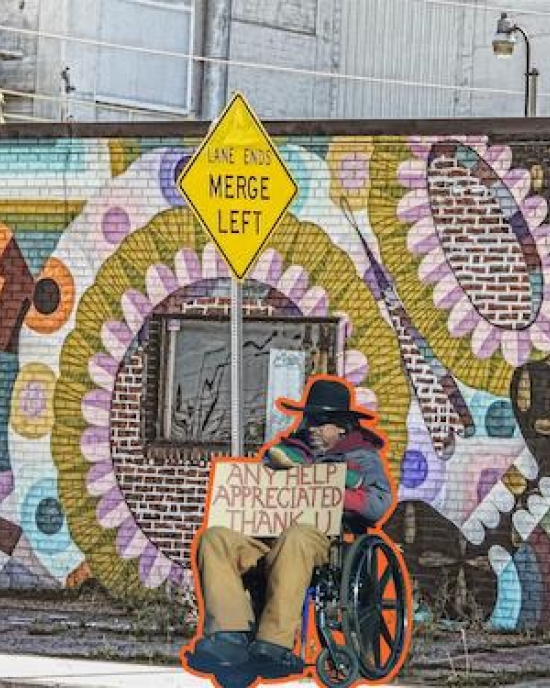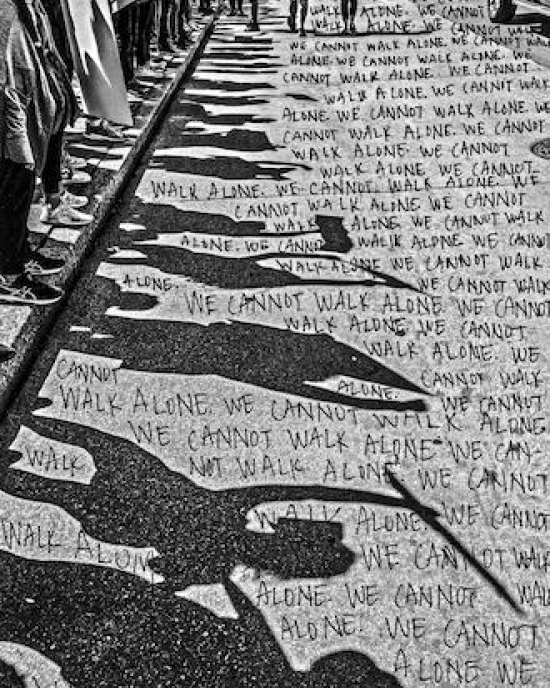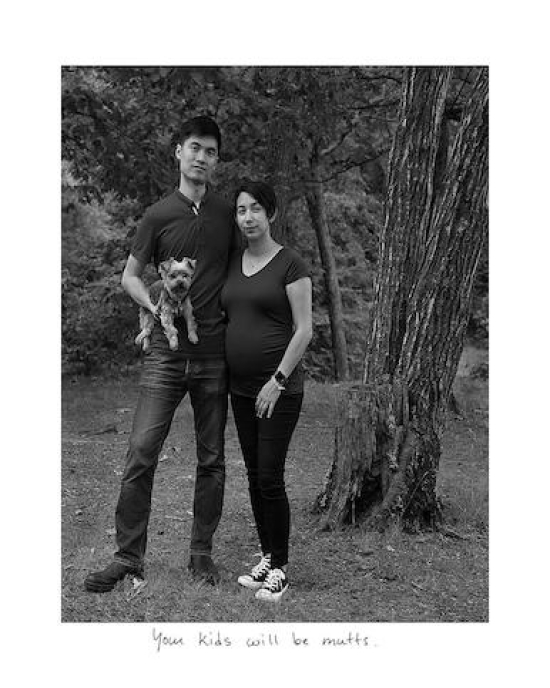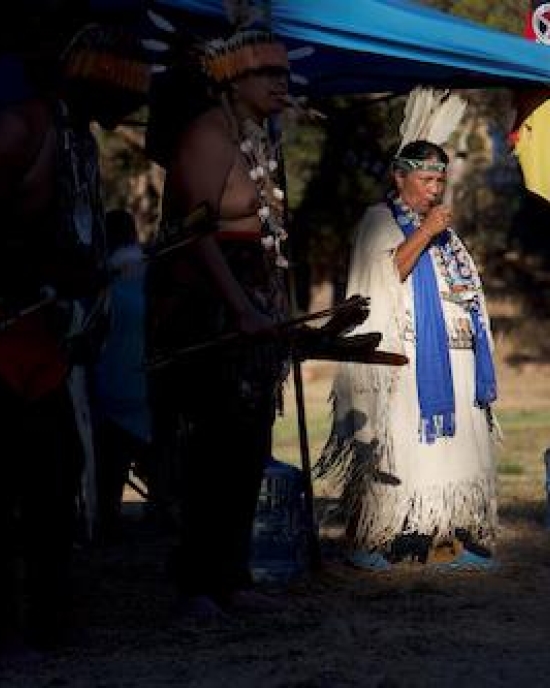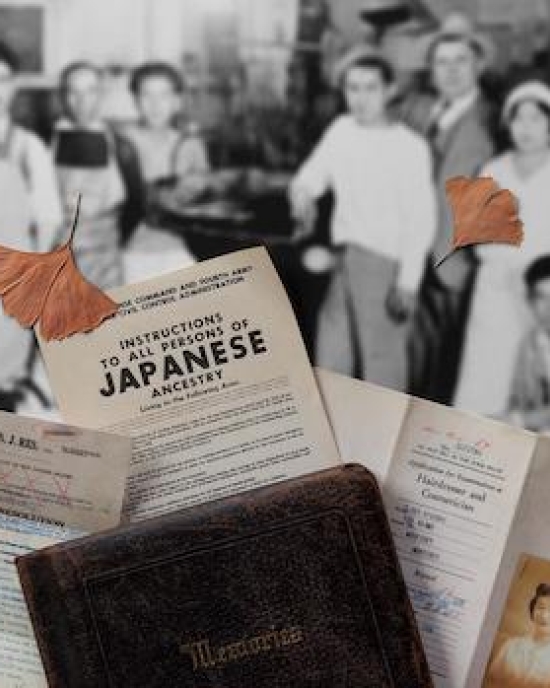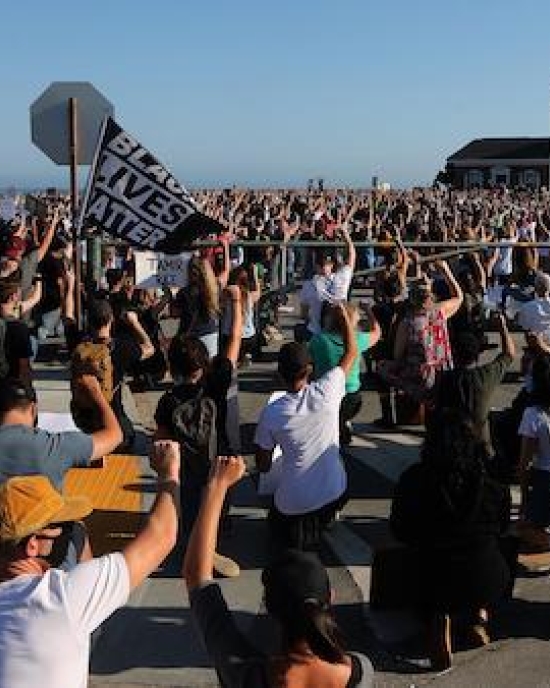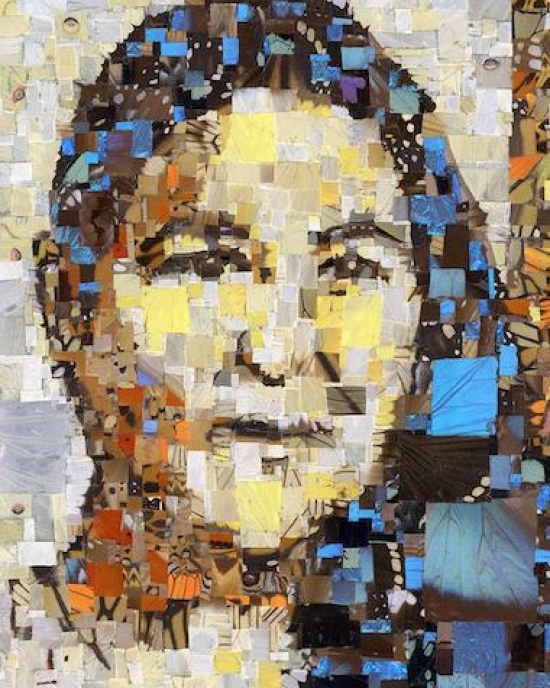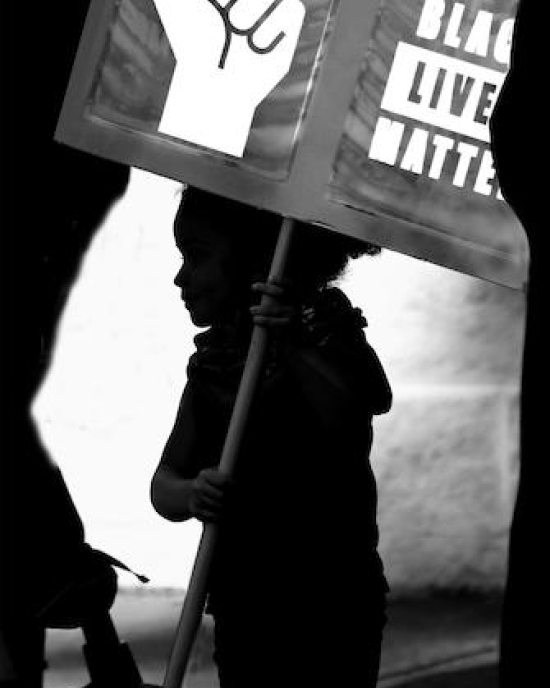Exhibition Juror
Makeda Best
Curator of Photography at Harvard Art Museums
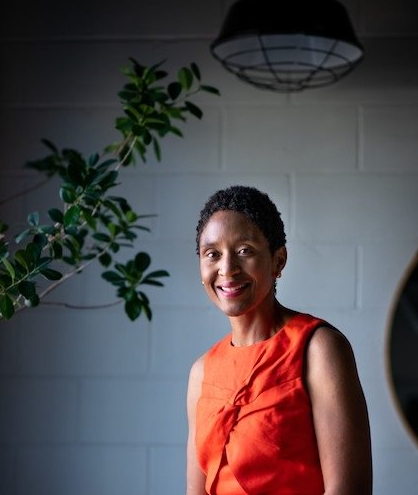 Makeda Best is the Richard L. Menschel Curator of Photography at the Harvard Art Museums. Her exhibitions include: Time is Now – Photography and Social Change in James Baldwin’s America (2018), Winslow Homer: Eyewitness, and Crossing Lines, Constructing Home: Displacement and Belonging in Contemporary Art (2019). Her fall 2021 exhibition is Devour the Land: War and American Landscape Photography Since 1970. Prior to joining Harvard, she held professorships at the University of Vermont and the California College of the Arts. She has written for numerous catalogs and journals, most recently for the National Gallery of Poland, Kunsthalle Mannheim, The Archives of American Art Journal, The James Baldwin Review and the Rhode Island School of the Design’s Manual. Her book is Elevate the Masses – Alexander Gardner, Photography and Democracy in Nineteenth Century America (Penn State Press, 2020). She is co-editor of Conflict, Identity and Protest in American Art (2016). Her current book projects explore the intersection between photography, gender, race, and ecological issues. She is the co-curator, with Kevin Moore, of the 2022 FotoFocus Biennial. At Harvard, she teaches courses in curatorial practice, and in the history and theory of photography. She holds an MFA in studio photography from the California Institute of the Arts and a PhD from Harvard University.
Makeda Best is the Richard L. Menschel Curator of Photography at the Harvard Art Museums. Her exhibitions include: Time is Now – Photography and Social Change in James Baldwin’s America (2018), Winslow Homer: Eyewitness, and Crossing Lines, Constructing Home: Displacement and Belonging in Contemporary Art (2019). Her fall 2021 exhibition is Devour the Land: War and American Landscape Photography Since 1970. Prior to joining Harvard, she held professorships at the University of Vermont and the California College of the Arts. She has written for numerous catalogs and journals, most recently for the National Gallery of Poland, Kunsthalle Mannheim, The Archives of American Art Journal, The James Baldwin Review and the Rhode Island School of the Design’s Manual. Her book is Elevate the Masses – Alexander Gardner, Photography and Democracy in Nineteenth Century America (Penn State Press, 2020). She is co-editor of Conflict, Identity and Protest in American Art (2016). Her current book projects explore the intersection between photography, gender, race, and ecological issues. She is the co-curator, with Kevin Moore, of the 2022 FotoFocus Biennial. At Harvard, she teaches courses in curatorial practice, and in the history and theory of photography. She holds an MFA in studio photography from the California Institute of the Arts and a PhD from Harvard University.
Juror’s Statement
Black Lives Matter protests, an unhoused man living in Houston, immigration, micro-aggressions, climate change, mothers and daughters, sons and their forbearers. With sensitivity and bravery, the artists featured in Through the Lens of Social Justice show us the world we live in and new interpretations of the role of photography as personal expression, documentation, and call to action. The subjects raise their fists, and they raise their hands. The subjects look at us and through us, and at society. Captions speak through languages of defiance and hope. This impressive mix of formats, strategies and topics features works by photographers at various points in their careers. Visitors will encounter works made by practitioners who found their way to the medium through various paths. They are trained and self-taught, and others, as the children of makers, saw the medium as their calling too.
For some of these artists, investigations of history, culture, and geography contribute to layered intergenerational dialogue. Others project into the future, simultaneously with a sense of urgency and sensitivity – asking, through a global chorus of voices, us to consider the world future generations will inherit. Politics are embedded in these pictures, but so is a kind of intimacy and vulnerability. A significant theme is the respect for the voices of young, and a desire to express reverence for and to recover the lives and contributions of elders and those who have passed on. The background, the soundtrack, for many of these works, is the pandemic and its attendant reckonings. Rather than detachment, these photographers sought out and confront us with images of deep engagement. It is fitting that many of these works are “portraits.” With consistency, the viewer meets face to face with a stranger. In this way, we are reminded of the ethics, stakes, and collaborative nature unique to the medium. The images feature individuals engaging with the camera, but the figures function as syphers for the moods, feelings, and convictions for a collective unseen beyond the frame. Fitting for the mission of an academic museum to build the aesthetic, technical, cultural, and historical context of the arts, the works call into question the conventions of established genres, while engaging in political and cultural critique.








